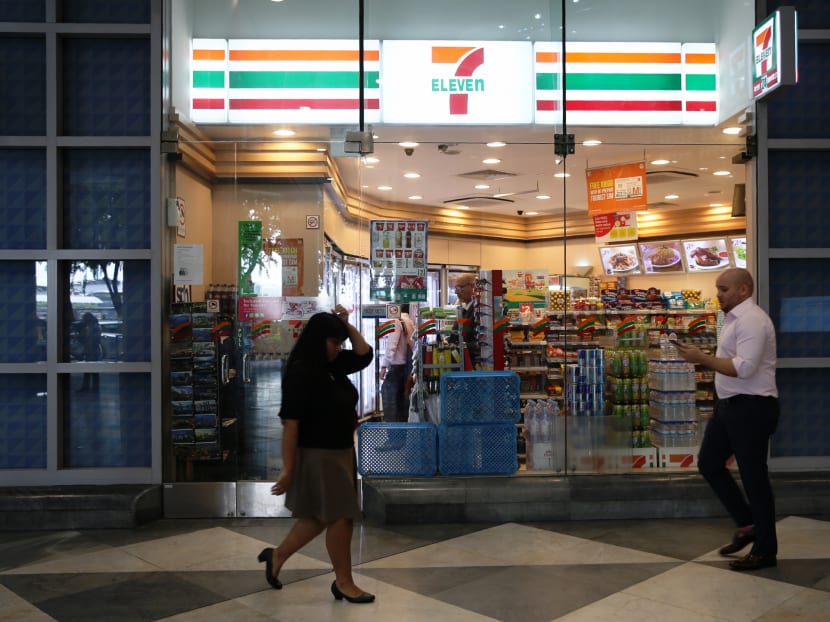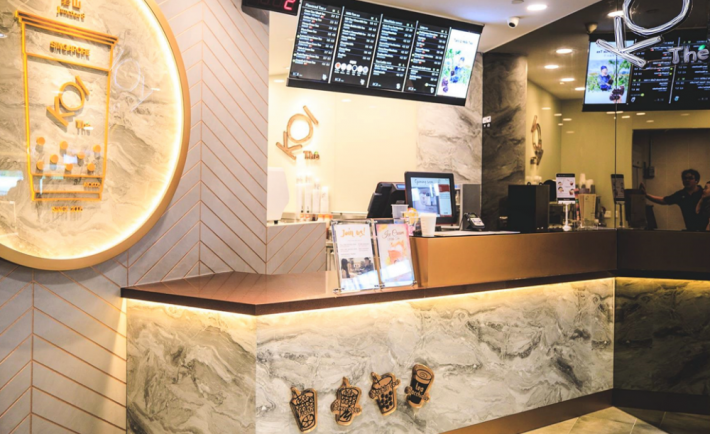So you’re thinking about purchasing a franchise? That’s a big decision, and it’s crucial to do your research before you commit.
In this post, we will go over the basics of franchising and answer some common questions about franchising. If you’re considering buying a franchise, this post will give you a good starting point.
What is a franchise?
In short, it’s a business model where you license the use of an established brand and system to sell products or services.
The key benefit of franchising is that you’re not starting from scratch. You’re leveraging the strength of a pre-existing brand and system, which can give you a huge head start in terms of getting your business up and running.
On the other hand, there are some drawbacks to franchising. For one, it can be pretty expensive to buy into a franchise. You also need to be comfortable with following someone else’s system, which might not be a good fit for everyone.
How do you buy a franchise?
You’re probably wondering how to buy a franchise. It’s not a tricky process, but there are a few things you need to know before you get started.
The first step is to do your research. Make sure you understand what’s involved in owning a franchise, and be sure to read the fine print. Once you’ve narrowed down your choices, it’s time to start negotiating.
This can be tricky, especially if you’re dealing with a large company. But don’t be afraid to ask for what you want. Finally, once you’ve reached an agreement, it’s time to sign on the dotted line and get started!
How much does a franchise cost?

Image Credits: todayonline.com
When you buy a franchise, you’re buying into a proven business model. You’re getting support from the parent company, and you’re tapping into that company’s expertise.
But before you make any decisions, it’s wise to know how much a franchise costs. The average cost starts from $30,000, and some franchises cost much more than that. And remember, this is just the initial investment—you will also need to factor in ongoing costs like marketing and royalties.
Do your research and talk to other franchisees to get a sense of what you can expect. Buying a franchise is a major commitment, but it can be a very rewarding experience.
What are the different types of franchises?
There are three main types of franchises: product, business format, and area development.
With a product franchise, you’re selling a product that’s already been created and tested. With a business format franchise, you’re licensing the use of an existing business model. And with an area development franchise, you’re granted exclusive rights to develop a certain area.
It’s good to understand which type of franchise is right for you because each type comes with its own set of benefits and drawbacks. So do your homework and make sure you choose the franchise that’s best suited for your goals and lifestyle.
What are the benefits of owning a franchise?
As we’ve mentioned earlier, when you buy a franchise, you’re buying into a proven system. You’re getting a business model that’s been tested and is known to work.
What’s more, you’re getting the support of the franchisor. That means you’re not starting from scratch; you’re tapping into the knowledge and experience of the people who have been where you are and have done what you want to do.
And finally, there are the benefits that come with being part of a larger organization. You get access to purchasing power, marketing resources, and training and development opportunities that would be out of reach if you were on your own.
Franchising has become one of the most popular ways to own a business, and for good reasons. But before you take the plunge, it’s necessary to know what you’re getting into. This article has given you the basics you need to know about franchising and we hope the information presented will help you make an informed decision about whether or not franchising is right for you.



